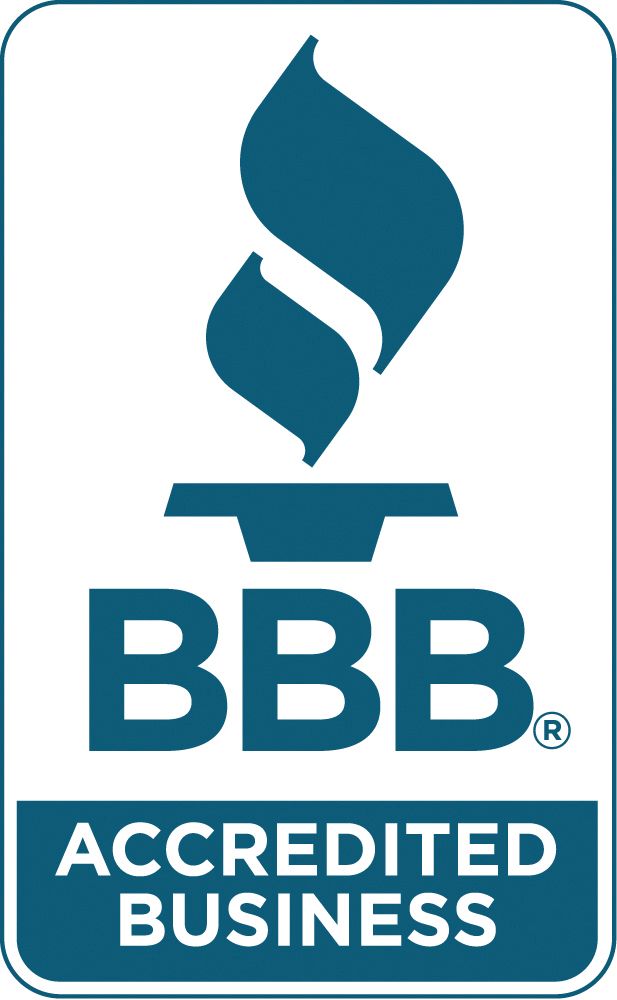LGBTQ+ Youth and Family Loss
Every person has a sexual orientation, gender identity, and expression, or SOGIE. And many of us affirm our gender identity as our assigned sex. That is, we were born a man, and we feel that way when we dress, act, and live in the world. But for youths who have different SOGIE, such as lesbian, transgender, or bisexual, live in a parallel world. If they cannot express themselves in their family or their surroundings, they always feel tense.
“Coming out” for youth to their family about their SOGIE should be a warm and caring experience. Yet, for many youths, this is the opposite. Many families reject the youth who says they are gay or lesbian or identify themselves as neither male nor female but agender. These rejections lead to family conflict or kicking the youth out of the home. One study indicated that, while LGBTQ+ youths comprise 7% of the total youth population, they make up 40% of all runaway youths.
What causes families to reject their LGBTQ+ youths?
For some families, it is their cultural or religious beliefs. The rationale that is different and not like others is a sin, a transgression.
But other factors affect families. First, for the LGBTQ+ youth, a stigma exists similar to having a mental illness. It makes them feel different or less than others as perceived through the public’s eyes. This stigma, as with a mental illness, also affects the parents. The mothers and fathers of LGBTQ+ youths face the same discrimination and rejection from the community (e.g., “what’s wrong you with that your child is that way?”).
The other stressor for families is to deal with loss. As parents of children with mental illness grieve because their child is “different,” the same occurs with parents of LGBTQ+ youths. They go through the same stages.
Denial- “You’re not gay; it’s just a phase.”
Anger- “Why can’t you be like your brother and like girls?”
Bargaining-“Maybe if we take you to our pastor, he can help you not feel gay anymore.”
Depression-“I’m so ashamed of the job I did as a parent.”
Acceptance-“I’m not happy about how things turned out, but I can still love my son for himself.”
When working with youths, practitioners first need to understand the challenges families face when their children “come out.” This work takes time but builds family reconciliation.
The National SOGIE Center from the University of Maryland can offer resources to your agency.
Praxes has training courses in behavioral health topics such as SOGIE, and a recorded course as well.
For more information about our training courses, please contact us.




